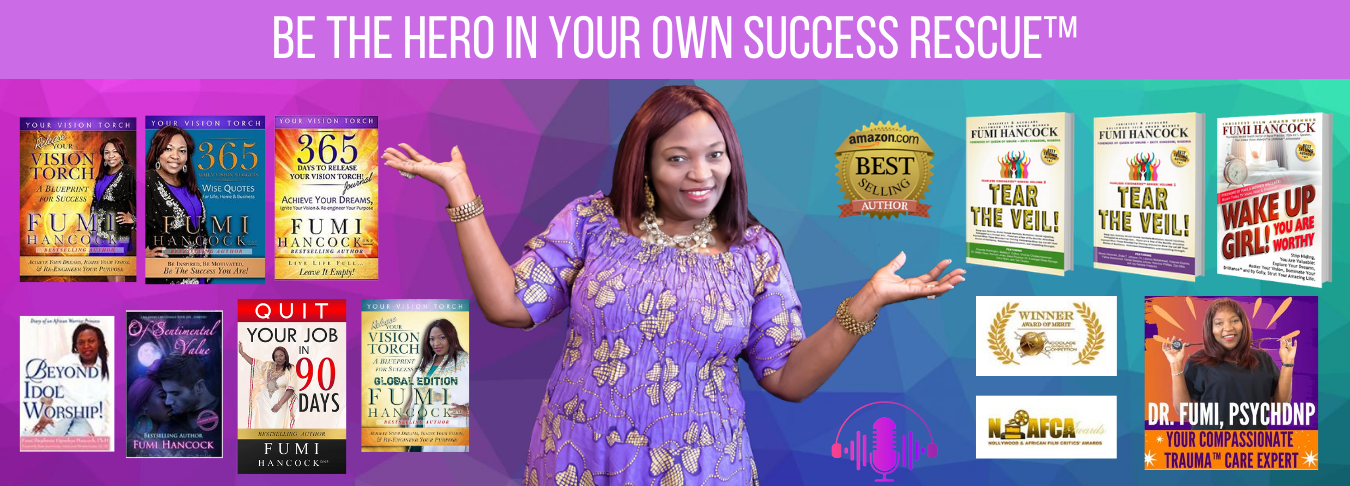 “No can be the most important ‘yes’ you’ve ever said.”
“No can be the most important ‘yes’ you’ve ever said.”
One of the most common problems faced by people around the world is an inability to say no. People don’t feel that they can say no; they feel pressured to always make other people happy. No is just a word many people can’t say… and I’m telling you that No might be the most important word you may ever learn to say confidently. Have you ever thought about the millions of problems that could be avoided by someone just saying “no” and saying nothing further? No… No… No… No…
Warrior Wednesday is all about empowering you, and giving you the tools that you need to make your life better. No is just another one of those tools that will serve you well. Deep down, nobody wants to say no, but sometimes we have to, and our lives are better for having said it.
“No” Never Means “Yes”
You know some salesmen say that a “No” is just a “Yes”? Well, they’re wrong. When you feel deep down that your answer is “No,” it’s “NO!” That’s the important thing to remember. When you are saying “No” you mean “No.”
Cut Out the Conversation
One of the best ways for people to get around “No” is by continuing a conversation and going around the side of your “No.” When you say “No” to someone—I’d suggest cutting the rest of the conversation short. It’s no, and don’t give anyone the chance to turn your “No” into a yes.
It Feels Bad…
Saying “no” can feel bad. It really can. But when you truly want to say “No,” you should just say “No.” Nobody can force you to do anything. You call the shots in your life, and you control what you do. Try not to feel bad for saying “No.” Just do it and move on.
But!
The most common response to “No” is “But…” and those buts can go on for a long time. Try to just keep your direction and move forward with it. Don’t listen to the reasoning and arguments of others. Don’t be persuaded or sold on doing something you don’t want to do. Every time you hear “but” think “No!”
One No at a Time
You won’t wake up tomorrow with the ability to say “No,” but you should start saying it in your head. You should try to envision what it would look like to tell someone “No.” If you can comfortably visualize saying “no,” you can actually say it whenever you want. Practice saying “no” in front of the mirror—and every single time you need to say it, say it. It could save your life.
Dr. Princess Fumi Hancock, DNP, MA, BSN
Your Vision Midwife, Lifestyle Entrepreneur
Radio/TV Host
https://www.periscope.tv/Princessinsub
https://katch.me/PrincessinSub/
OFFICIAL WEBSITE:
www.theprincessofsuburbia.com
YOUR VISION TORCH Series
Achieve Your Dreams, Ignite Your Vision, & Re-engineer Your Life Purpose
More blog articles at www.yourinneryou.com
Dear Princess Column at: www.sentimentalnursewriter.com
Download your free sample here





